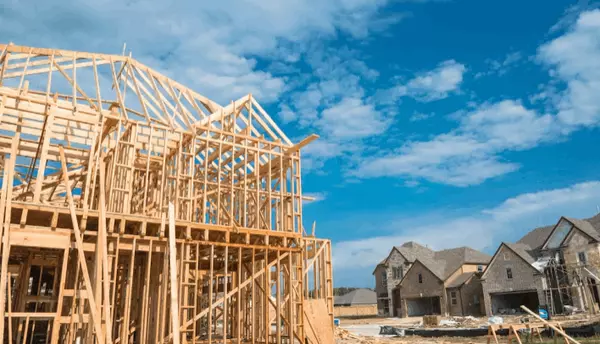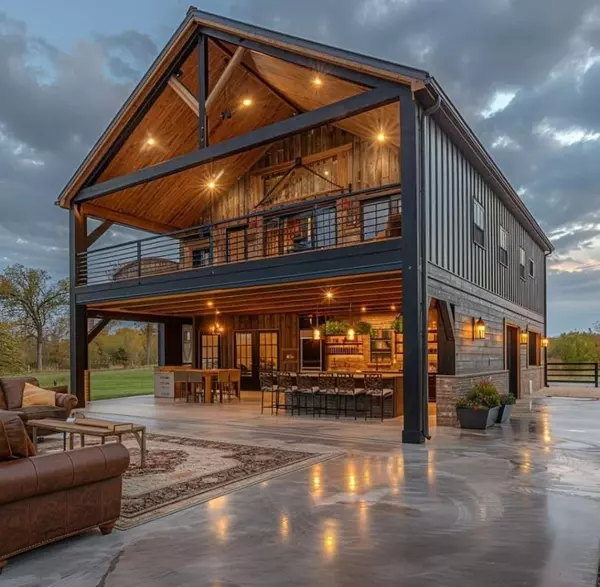Understanding Financing Options: Exploring FHA vs. Conventional Loans

Are you ready to take the exciting step towards homeownership, but feeling overwhelmed by the myriad of financing options available? Don't worry – you're not alone. Choosing the right mortgage can feel like a daunting task, but understanding the differences between FHA and conventional loans can help you make an informed decision that best suits your needs and financial situation. Let's dive into the world of home financing and explore the pros and cons of each option.
FHA Loans: Opening Doors to Homeownership for Many 🚪
FHA loans, backed by the Federal Housing Administration, have long been a popular choice for first-time homebuyers and those with less-than-perfect credit. These loans offer lower down payment requirements (as low as 3.5%), making homeownership more accessible to a broader range of buyers. Additionally, FHA loans often have more lenient credit score requirements and allow for higher debt-to-income ratios, providing flexibility for buyers who may not qualify for conventional financing. However, it's essential to note that FHA loans come with mortgage insurance premiums (MIP) that can increase the overall cost of the loan.
Conventional Loans: A Traditional Approach to Home Financing 💼
On the other hand, conventional loans are not insured or guaranteed by the government and typically require higher credit scores and larger down payments. While conventional loans may seem less accessible to some buyers, they offer benefits such as lower mortgage insurance premiums (or no mortgage insurance at all with a 20% down payment), potentially lower interest rates for those with excellent credit, and greater flexibility in loan terms and requirements. Conventional loans are often favored by buyers with strong credit histories and financial stability.
Choosing the Right Option for You 🤔
So, how do you decide between FHA and conventional financing? The answer depends on your unique financial situation, long-term goals, and personal preferences. If you have limited savings for a down payment and a less-than-perfect credit history, an FHA loan may be the right choice to get you into your dream home sooner. Conversely, if you have excellent credit, a substantial down payment, and prefer to avoid mortgage insurance premiums, a conventional loan may offer more favorable terms and lower overall costs.
Consult with a Mortgage Professional for Personalized Guidance 📋
Ultimately, the best way to determine the right financing option for you is to consult with a knowledgeable mortgage professional who can assess your individual needs and guide you through the decision-making process. Whether you choose an FHA loan, a conventional loan, or another financing option altogether, the goal is the same: to secure a mortgage that helps you achieve your homeownership dreams with confidence and peace of mind.
Categories
- All Blogs (80)
- Agent (3)
- Appraisal (1)
- Buyers (23)
- Educational (4)
- Escrow (1)
- FHA (3)
- Financing (4)
- First time homebuyer (6)
- Home Buying Criteria (3)
- Homeowners (6)
- Loans (2)
- Market Conditions (19)
- Miscellaneous (4)
- Multiple Offers (2)
- NAR (1)
- Negotiation (2)
- Offers (2)
- School Districts (1)
- Sellers (28)
- Selling (32)
- Staging (3)
- Tips (11)
- Title (1)
- Utilities (4)
- Videos (1)
Recent Posts










GET MORE INFORMATION


